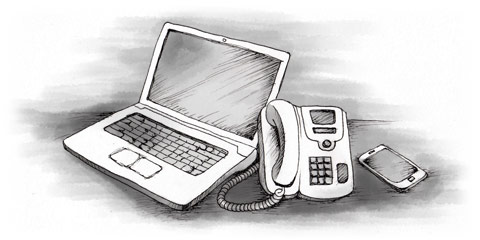If you have ever had problems understanding you mobile or home bill, the fact that calling cards are complicated will not be a surprise. Even people that work in the calling card industry have difficulty working out which card is the most competitive for each destination. So, what hope has a normal person in working out what to buy?
The best advice we can give is to try different products until you work out what is best for you - even if you use the wrong card you will probably cut your costs by 50%.
Choosing a card
Shops normally don't have much information or give useful advice. You might be sold whatever is in stock - this could be a bad-value card where the credit disappears quickly or where the service means your calls don't connect properly. When choosing a card, take into account:
- The tariffs for the country(ies) you call.
- The length of your calls - Some cards have a small connection charge which is a disadvantage if you make lots of short calls, but no problem if you talk for an hour at a time to family and friends.
- How much you call - All cards expire (usually 30-90 days from the first time you use it to call). Some cards also have cards have a daily maintenance charge, which obviously matters less if you use the card quickly.
The main thing to remember is that the card with the lowest rate per minute might not be the most efficient card for you. Some of the cards we sell might appear not to the best per-minute value on the first sight, but they may have the advantage of no extra charges, so work out well for the majority of our customers.
Why is this so complicated?
The main problem is that all providers pay about the same amount of money for the phone calls they resell with cards - and they also all want to have the best price to advertise on their calling cards. So instead of having a simple cost per minute, they add daily maintenance charges and connection charges as this allows a lower cost per minute. Without going into the maths - it's obvious that a connection charge means your average cost per minute is higher - so higher connection charges are OK if you make long calls, but add up quickly if you make lots of short calls.


